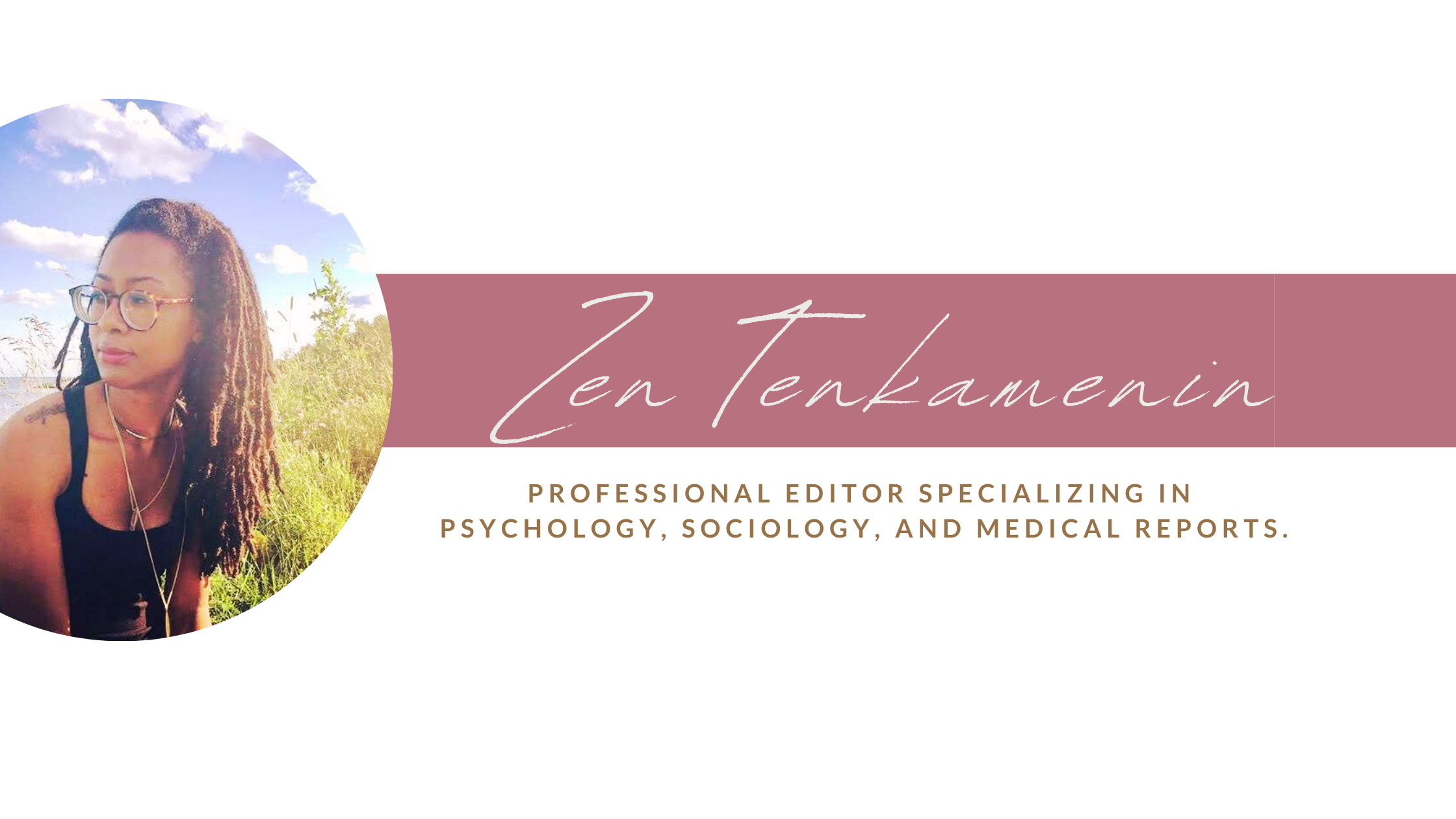The poem “Knives at Noon” grapples with the heavy themes of resentment and forbearance, capturing the tension between the anger of Black people in the Caribbean and the pressure to maintain dignity in the face of oppression. It opens with the striking image of Black people throwing giant trees at the “sweltering whiteness of the sky.” The whiteness of the sky here isn’t just about the color—it symbolizes the pervasive force of White oppression, something Césaire emphasizes when he writes about the “blackness which they carry in their hearts.” This isn’t just skin-deep; it’s a spiritual resistance, a defiance that runs in their veins.
In the opening stanza, Césaire brings in the Sisters of Saint Joseph of Cluny, a Roman Catholic group known for their missionary work in the Caribbean. The nuns lathering their coifs with tropical soap feels almost ironic—a symbol of colonial imposition under the guise of ‘cleansing’ others. Césaire calls out this mindset with lines like “emptying the sky of the smug cotton-wool which muffles [his] words,” which feels like a direct jab at the condescending attitude of white saviorism and the way Black voices have often been muted by the forces of colonization.
But here’s where Césaire gets even more layered. Despite all the anger, despite the bitterness of centuries of oppression, he doesn’t fall into a cycle of violent rage. Instead, in the third stanza, he speaks of spitting “bitterly” at those who have insulted and starved his people, calling the Lord “callous” for turning a blind eye to their suffering. Yet, there’s a shift in tone when he describes his own whistling as “gentle.” This is a fascinating contrast—a man who’s been pushed to his breaking point, yet refuses to let his anger consume him.
The last few lines speak to a resolve to stand tall, even amidst wounds—“to stand upright in [his] wounds.” It’s as if Césaire is saying, yes, there’s anger, but there’s also something more powerful than violence: the resilience to keep moving forward with dignity, hands free of rancor. It’s a call for a future that isn’t defined by bitterness but by hope. And when the poem ends with the Blacks “singing,” it’s not just an act of rebellion, but a form of survival—a refusal to let hatred define them.
The title, “Knives at Noon,” holds weight beyond the literal. Noon, after all, is both a time—mid-day—and a metaphor for the peak, the highest point. I think Césaire is signaling that the anger of the oppressed has reached its zenith, that breaking point where revolt seems inevitable. And yet, the choice to remain “gentle” despite the knives they could wield is a testament to the strength of restraint and the long road to true liberation. Césaire paints a picture of a people who are tired, hurt, but not broken—dreaming of a day when their faces will be free of shame.

